Porsche, in cooperation with its partners Mahle, Trumpf and Zeiss, recently used metal Additive Manufacturing to produce a series of aluminium pistons for the high-performance engine of its 911 flagship model, the GT2 RS sports car.
The automaker already uses Additive Manufacturing technology for prototypes and in the manufacture of spare parts for classic sports cares, as well as in some other areas. Using Laser Beam Powder Bed Fusion (PBF-LB) technology from Trumpf to produce the GT2 RS pistons, Porsche believes it is establishing a new milestone in the use of AM for highly-stressed drive components.

The aluminium pistons were produced using PBF-LB technology from Trumpf (Courtesy Porsche)
The use of AM allowed the pistons to be manufactured with a structure optimised for the loads acting on them. As a result, the additively manufactured pistons weigh 10% less than the forged pistons which Porsche has conventionally used. In addition, the pistons have an integrated and closed cooling duct in the crown which could not have been produced by forging.

An aluminium additively manufactured piston is installed for testing on the engine test bench for Porsche’s 911 GT2 RS sports car (Courtesy Porsche)
“Thanks to the new, lighter pistons, we can increase the engine speed, lower the temperature load on the pistons and optimise combustion,” stated Frank Ickinger, from the advance drive development department at Porsche. “This makes it possible to get up to 30 PS more power from the 700 PS biturbo engine, while at the same time improving efficiency.”
The aluminium additively manufactured pistons have now been successfully tested on the engine test bench for the GT2 RS. Their quality and performance capability was validated using measurement technology from Zeiss.
Source: Metal Am



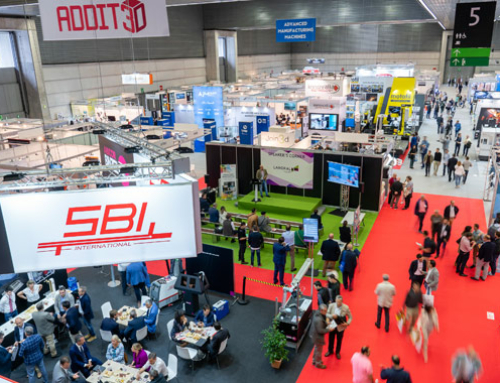
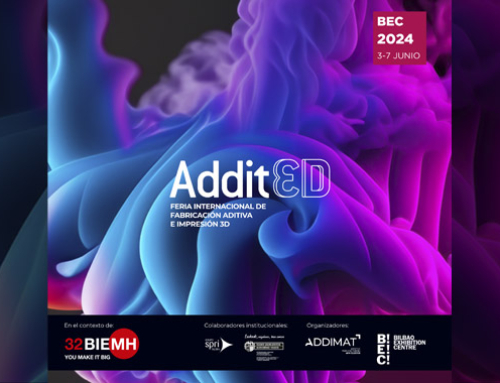
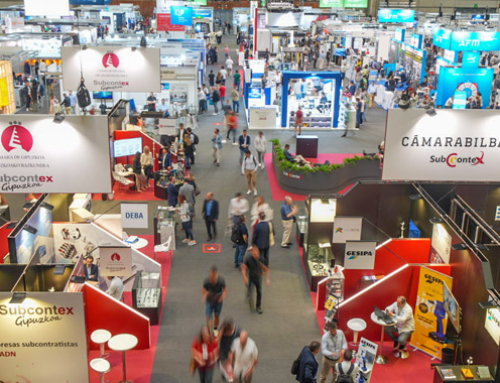
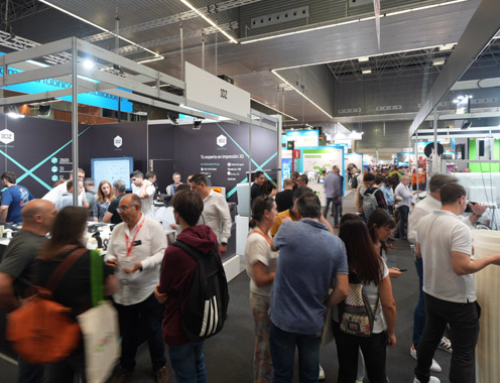
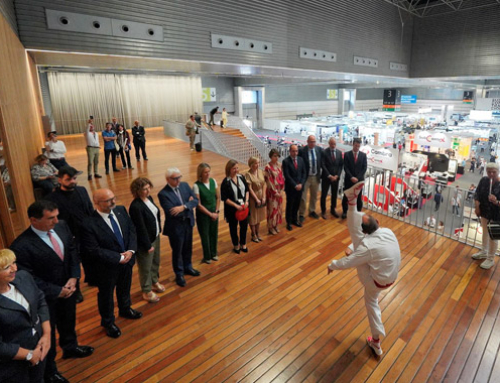
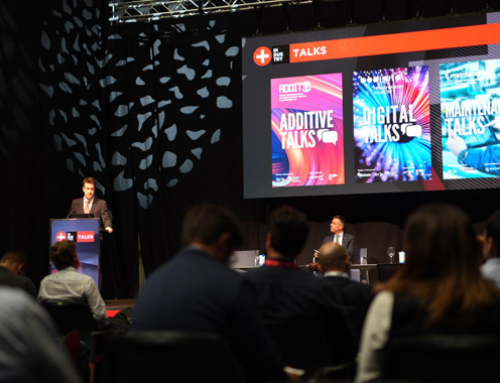
Leave A Comment